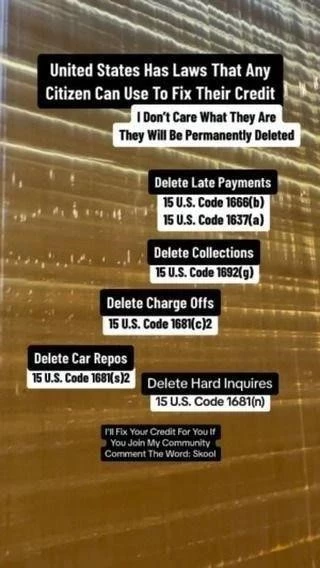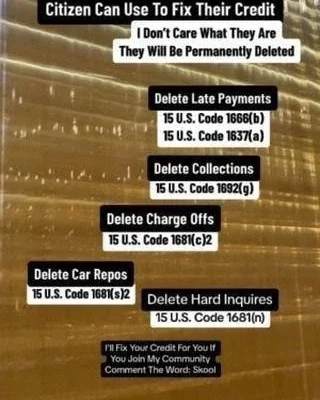Understanding Credit Card Default
Credit card default occurs when you fail to make minimum payments on your credit card debt, leading to a credit score drop. This can happen due to late payments, missed payments, or exceeding your credit limit. As a result, your credit card issuer may report the account as delinquent to the credit bureaus, causing further damage to your credit history.
What happens when you miss payments?
When you miss credit card payments, your credit card issuer may charge late fees and penalties, increasing your debt. Multiple missed payments can lead to credit card default, causing your credit score to plummet. This can result in higher interest rates, reduced credit limits, or even account closure. Additionally, your credit report will reflect the delinquency, making it harder to obtain credit in the future.
Communicate with Your Credit Card Company
Reaching out to your credit card company is crucial when facing credit card default. They may offer temporary hardship programs, debt management plans, or credit counseling services to help you get back on track. Be honest about your financial hardship and work together to find a solution that suits your situation.
Negotiating payment terms and interest rates
When communicating with your credit card company, try to negotiate payment terms that work for you. This may include temporarily suspending or reducing interest rates, waiving fees and charges, or setting up a debt repayment plan. Be prepared to provide financial information and explain your financial hardship. Remember to get any agreements in writing and review your credit card agreement carefully.

Dealing with Debt Collectors and Collection Agencies
If your account is sent to a debt collector or collection agency, know your rights. Debt collectors must comply with the Fair Debt Collection Practices Act, which prohibits harassment and abuse. Be cautious of scams and never provide personal information or make payments without verifying the collector’s legitimacy. Remember to validate the debt and dispute errors on your credit report. Consider seeking help from a credit counseling agency or debt management professional to navigate the process.
Rebuilding Your Credit Score
To recover from credit card default, focus on debt repayment and responsible credit habits. Make timely payments on existing debts and consider a debt settlement or credit counseling program. Monitor your credit report for errors and dispute any inaccuracies. Aiming to maintain a credit utilization ratio below 30% will help improve your score over time. Applying for a new credit account and making regular payments can also demonstrate financial responsibility. Be patient, as rebuilding credit takes time and effort.








